Our Blog
-

Improving Immune-Mediated Thrombocytopenia Treatment in Dogs
May 27, 2022Immune-mediated thrombocytopenia (ITP) is a disorder characterized by platelet autoantibodies that induce thrombocytopenia and occasionally severe bleeding episodes. A new clinical trial directed at improving short and long-term outcomes of dogs diagnosed with ITP is enrolling now at VSH in San Marcos, CA.
Read Article -
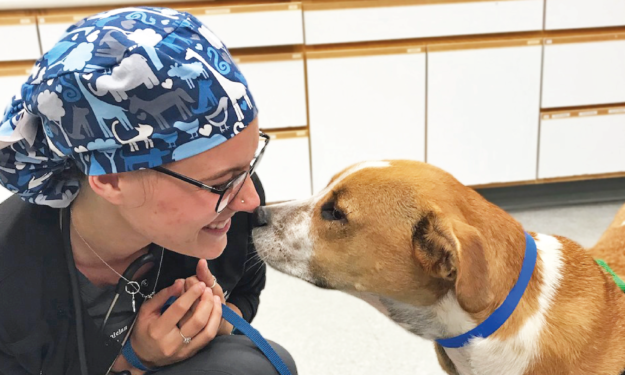
Clinical Studies for Pets – Ethos Discovery
May 27, 2022Clinical studies are generally aimed at improving how we diagnose and treat diseases/conditions in patients. This can improve existing tests/treatments or lead to new ones. If the ins and outs of clinical studies seem overwhelming, read on to learn more.
Read Article -
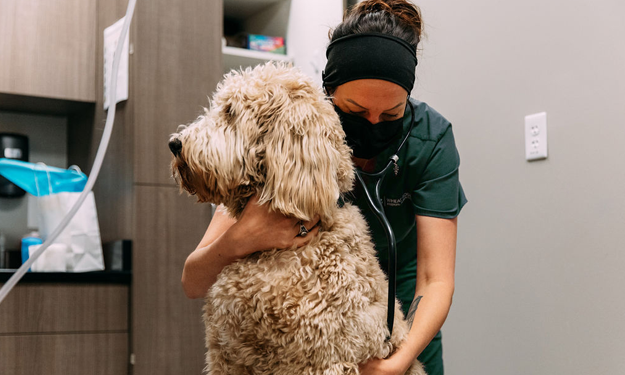
The Association Between Dysbiosis and Cancer in Dogs
May 12, 2022The gut microbiome plays a role in the immune function of the host. It has been associated with a multitude of disease process in many species, including cancer. However, the association between the microbial population in the gastrointestinal tract and cancer is quite complex.
Read Article -
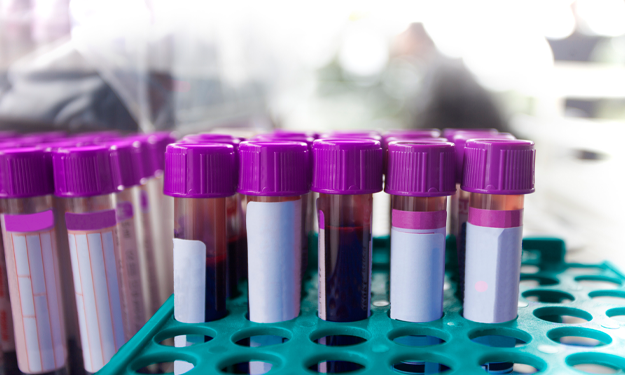
Genomic Landscapes of Canine Splenic Angiosarcoma (Hemangiosarcoma) Contain Extensive Heterogeneity Within and Between Patients
May 10, 2022Hemangioisarcoma is a clinically, physiologically, and genomically complex canine cancer that may serve as a valuable model for understanding the origin and clinical impact of cancer heterogeneity.
Read Article -
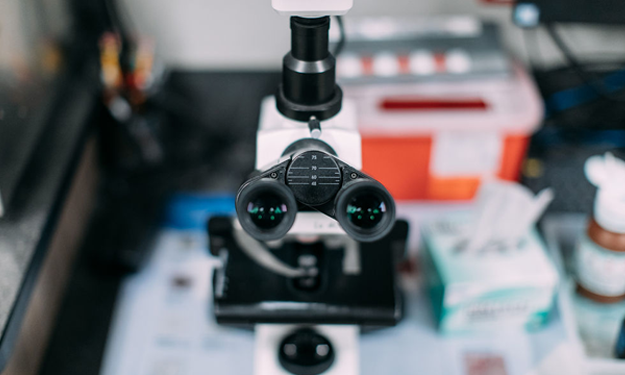
Feasibility of Circulating Tumor DNA Analaysis in Dogs with Naturally-Occurring Malignant and Benign Splenic Lesions
May 10, 2022In this study, tools previously validated for use in people were used to detect circulating tumor DNA (ctDNA) in the blood of dogs with splenic hemangiosarcoma.
Read Article -
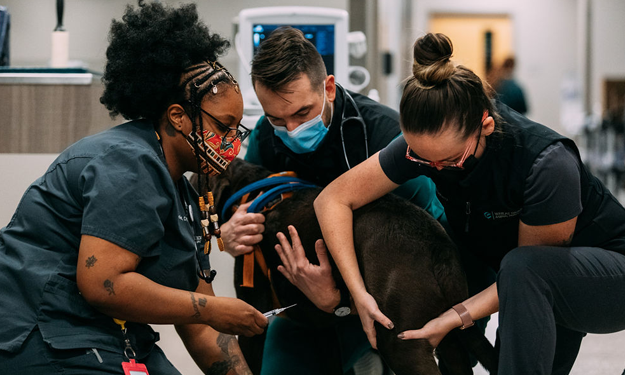
A Novel Approach to Diagnosing Sepsis – Ethos Discovery
April 25, 2022Ethos Discovery and MicroGen Vet are working together to perform next generation sequencing (NGS) on blood samples from dogs with sepsis to better define the spectrum of bacteria that cause the condition.
Read Article -

Battling Canine Hemangiosarcoma: Research & Clinical Trials
March 8, 2022Ethos Discovery is tackling hemangiosarcoma in the hopes of delivering curative outcomes for dogs through our multidisciplinary, collaborative hemangiosarcoma research program.
Read Article -

The Search for Effective Treatments for Canine Inflammatory Brain Disease
February 7, 2022Ethos Discovery hopes that NME will become a disease that no longer carries such a devastating prognosis and is instead associated with the ability for early diagnosis and preventative treatment options. A possible inflammatory-mediating treatment that we have identified for the treatment of NME in dogs is the administration of mesenchymal stem cells.
Read Article -

Provocative Question: “Does the Gut Microbiome Influence the Metastatic Cascade of Cancer?” – Ethos Discovery
August 16, 2021The mechanisms by which the microbiota may influence metastasis and the break in dormancy may uncover therapeutic and prognostic tools useful in improving outcomes for cancer patients.
Read Article -

A New Approach to Research in Veterinary Science
July 16, 2021Ethos Discovery is committed to the process of starting with an unmet clinical need to determine trial prioritization for both basic research as well as later stage research. Through this “unmet need” approach, we expect to deliver cures to diseases such as canine hemangiosarcoma, sepsis, and other complex medical problems in pet animals.
Read Article -

A Cure for Canine Splenic Hemangiosarcoma Through Genetic Research
June 30, 2021Through the Ethos-PUSH study we will be studying genetic and epigenetic alterations in tumor samples with the goal of proposing novel therapeutic options, that will be vital in curing hemangiosarcoma in dogs.
Read Article -
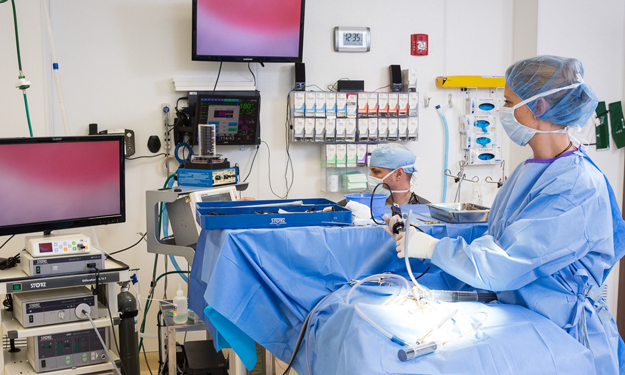
Minimally invasive surgery and the GP: Getting started – Ethos Discovery
June 23, 2021Veterinary surgeon Chris Thomson answers some common questions regarding learning curves, feasibility, how to get started, and basic equipment needs for a veterinarian in general practice, to make the leap into the world of minimally invasive surgery.
Read Article
 Loading
Loading